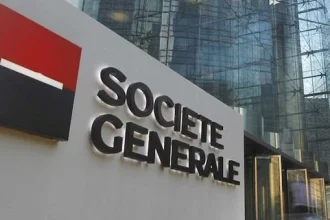The Minister of Finance, Ken Ofori-Atta, is confident that the controversial Electronic Levy (E-Levy) Bill will be passed into law by parliament by 31 March 2022.
Addressing the press in Accra on Thursday, 24 March 2022, Mr Ofori Atta said the government will impress upon parliament to fast track the passage of the E-Levy Bill, Tax Exemptions Bill, and Fees and Charges Bill.
The rationale, he explained, will help to raise more revenues domestically.
The E-levy is a tax applied on transactions made on electronic or digital platforms.
The Minister for Finance announced in parliament the intention to implement the bill where 1.75% will be taxed on all digital transactions.
The E-Levy is expected to generate an estimated amount of GH¢ 6,96 billion in 2022, GH¢7.89 billion in 2023, GH¢8.92 billion in 2024 and GH¢10.09 billion in 2025.
It is also one of the measures to increase the country’s tax to Gross Domestic Product (GDP) ratio from 13 per cent to 16 per cent.
Yet, a section of Ghanaians has rejected its implementation.
The levy has divided parliament, with the majority pushing for approval, while the minority has kicked against it.
There was a split vote of 12 for each side at parliament’s finance committee until the chairman cast the decisive vote favouring the proposal.
The chamber turned chaotic as MPs pushed, shoved and punched each other during the heated exchanges that many observers have since condemned.
This was after the Speaker, Alban Bagbin, had left and delegated the First Deputy Speaker, Joe Osei Owusu, to take over proceedings.
The minority has said it will do all it can to ensure that the bill does not see the light of day, insisting it is not in the best interest of Ghanaians.
















